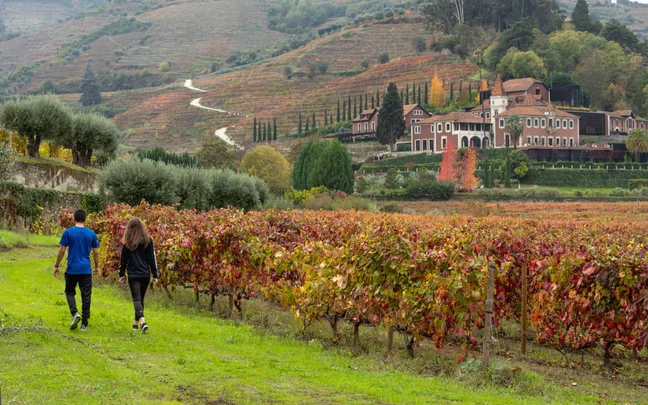Back to blue in Laamu
Six Senses Laamu is a resort with its feet in the sea. It is also at the forefront of preserving marine ecosystems and coral colonies. Join us and dive in.
Our oceans are in trouble (with no) thanks to plastic pollution, over-fishing and loss of biodiversity. As a nation of 1,200 islands, the culture and economy of the Maldives has been intimately tied to the Indian Ocean for over 3,500 years. The tourism sector, steadily growing over the past 50 years, also relies on the natural beauty of the turquoise Maldivian waters and colorful coral reefs that attract visitors.
Resorts in the Maldives are therefore uniquely placed with the resources to be change-makers for marine conservation, and Six Senses Laamu is at the forefront of this movement. We employ a team of 10 marine biologists who work closely with the Maldives Underwater Initiative (MUI), a collaboration with three NGO partners: Manta Trust, Blue Marine Foundation and Olive Ridley Project. Together, our mission is to lead the way in sustainable tourism development with meaningful conservation based on guest education, research and community outreach.
Seagrass conservation
You can join our team of marine biologists to tour the seagrass meadows surrounding the island. They’ll explain how the complex underwater flowering plant differs from its less developed cousins: seaweed and algae. The five hectares of seagrass meadows surrounding Six Senses Laamu create a mosaic of blue hues in the shallow water between its overwater jetties. Seagrass is a secret weapon in the fight against climate change, since it removes carbon dioxide from the atmosphere. It is also critical as a nursery for juvenile reef fish; protector of coastlines and coral reefs and home to the endangered green sea turtles that feed on it.
In addition to being a powerhouse for protecting the marine environment, seagrass benefits guests, who say they see on average 12 turtles, sharks and rays over the course of their stay. Unfortunately, this is not a view shared by other resorts in the Maldives, who actively remove their seagrass meadows, believing that guests might not like it. In response, MUI has launched a national campaign with its partner BLUE to show other resorts in the country that seagrass and tourism can coexist, in the hope of driving change at a national level.
Future marine conservation leaders
There’s no age limit on being an ocean advocate. The next great conservation innovation will likely come from someone under the age of 20. That’s why MUI has launched its Junior Marine Biology program to educate and empower these young marine conservationists from ages 6 to 16. There are plenty of resorts in the Maldives where guests can “be a marine biologist for the day” but the seven-module program at Six Senses Laamu, with one-on-one mentoring from the 10-person team, gives participants the tools to continue their conservation crusade when they return home.
Plastic pollution prevention
Plastic pollution is a problem that permeates further than just front of house. It’s easy to replace plastic water bottles with reusable glass bottles and swap out plastic for paper straws; however, Six Senses Laamu goes much further in removing plastic pollution behind the scenes and in local communities. This year, it won the Plastic Pollution Innovator of the Year BlueGreen360 Award for its efforts.
The resort’s donation of 55 reverse osmosis water filters to schools in Laamu means 3,949 students and families now have access to safe, reliable drinking water, and will avoid bringing over 1,360,000 single-use plastic water bottles to school each year. At the resort, mini-bar items are stored in glass containers, toothbrushes are made from bamboo and products are delivered in Biobiene Thermoboxes (cardboard boxes with panels of insulating hemp, jute, and wood fibers). This is just the beginning of the resort’s journey towards being free of single-use plastic by 2022.
To visit the Maldives Underwater Initiative team and join their quest to protect the Maldives’ precious marine resources, contact reservations-laamu@sixsenses.com or call +960 680 0800.

